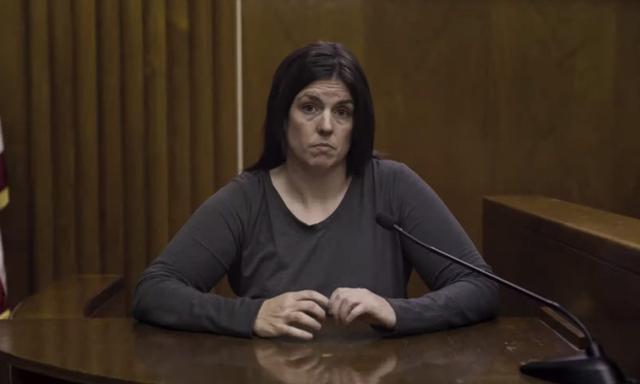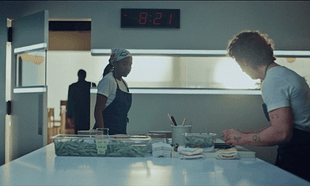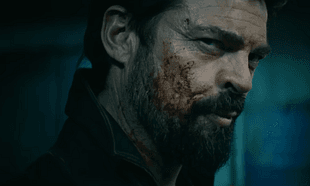Your latest Netflix true crime docuseries is here. Maybe it's not quite up there with 'Making a Murderer' or 'The Keepers'. But the streaming service has once again chosen a fascinating subject. 'How To Fix a Drug Scandal' follows two drug laboratories in Massachusetts, Boston. The liability of both came seriously into question when an employee in each lab - Sonja Farak and Annie Dookhan - was found to be guilty of misconduct. Fara and Dookhan's actions had further reaching consequences than anyone could have imagined.
'How To Fix a Drug Scandal' highlights that the true nature of drug testing is far from its depiction in Hollywood. It is not glamorous. It's repetitive and tedious. Moreover, the work involves crazy hours, substandard pay, isolating work, and enormous time pressures from lawyers. There's a factory mentality about it and its employees are dehumanised. The almost Shakespearean nature of what happened to Farak and Dookhan inspires great empathy.
Farak's case in particular (and one won't go into too much detail here, as it's best to watch the story unfold on the show) highlights the systemic flaws and vulnerabilities of the laboratories. Where they work is a place of science, with the fate of thousands in their hands as they carry out almost all the drug tests in the state. The lack of investment and control in these two institutions strikes one as insane. There are no security cameras and no inventory taken. The lack of supervision and regulation was bound to create issues.
The documentary approaches its subject matter from various angles. It gives a brief history of drugs - where they're produced, how they get into America and how they're tested. The families of criminals who were arrested for possession of drugs (whose cases were undermined following the misconduct allegations) are also talked to. Class prejudice and racism are touched on. Another angle of interest is when the conduct of Bostonian prosecutors is brought into question, and the importance of defense attorneys to keep them in check when they're the underdogs, is also highlighted. It's a mesmerising case that goes so far as questioning the flaws of the criminal justice system itself as lawyers, police and journalists all offer their takes.
The show can go off on a tangent, but it always comes back. The narrative can also be a tad jumpy and repetitive. Its main flaw though is that the series feels dragged out. This issue is hardly new to Netflix, such series as 'The Disappearance of Madelaine McCann' suffered the same. There just isn't enough material to warrant the number of episodes they allow such programmes. 'How to Fix a Drug Scandal' could have easily been a two-hour long one-off documentary. In any case, you'll fly through the four episodes of the series. Its flaws far outweigh its cons. It is a riveting series, effectively portraying cracks in the drug control and legal systems, the circumstances that built to Farak and Dookhan's actions, and different perspectives on the consequences.
'How to Fix a Drug Scandal' is on Netflix now.









































































